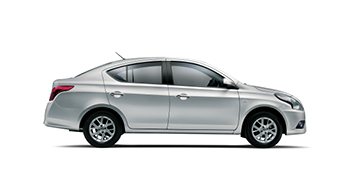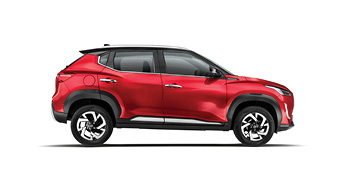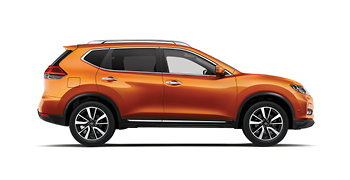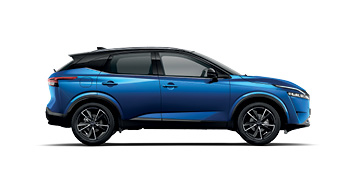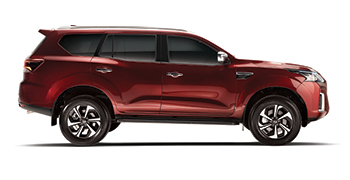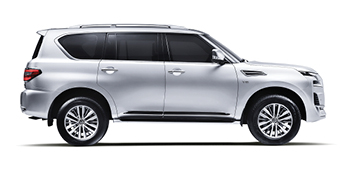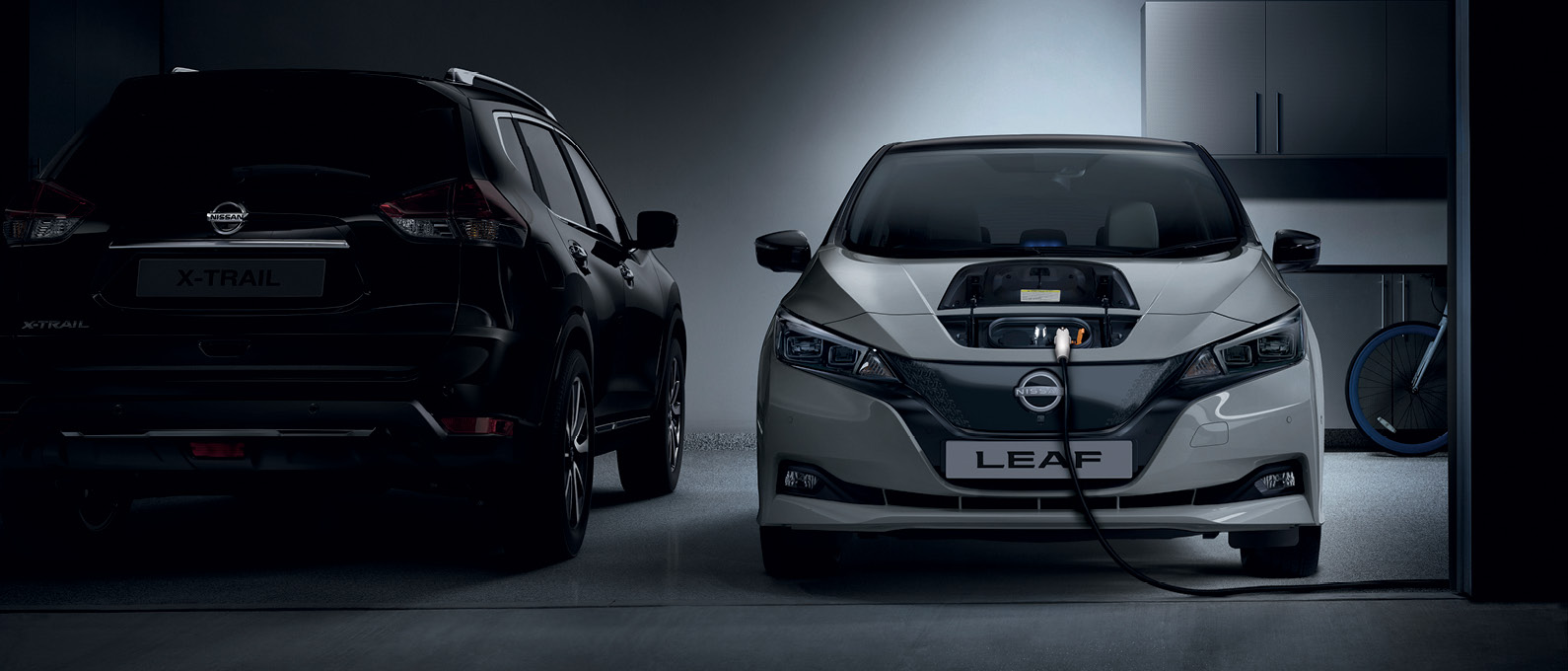
The Rise of Electric Vehicles:
A Green Revolution Hits Africa
In recent years, the adoption of electric vehicles (EVs) has been on the rise worldwide, and Africa is no exception. As the world turns towards sustainable alternatives to traditional gasoline-powered cars, African nations are embracing the green revolution by gradually transitioning to electric cars, including hybrids. In this blog, we will explore the growing popularity of electric vehicles in Africa, with a particular focus on the iconic Nissan Leaf.
The Electric Car Revolution in Africa:
Africa, with its diverse landscapes and abundant natural resources, is poised to benefit greatly from the shift towards electric mobility. Governments and citizens alike are recognizing the importance of reducing greenhouse gas emissions, combating climate change, and improving air quality. Electric cars provide a promising solution to these pressing issues.
The Growing Popularity of Electric Cars:
Electric cars are gaining traction across Africa for several reasons. First and foremost, they offer a clean and sustainable mode of transportation. Unlike traditional combustion engines, electric vehicles produce zero tailpipe emissions, reducing air pollution and contributing to improved urban air quality. Additionally, the decreasing costs of EV technology, coupled with government incentives and subsidies, have made electric cars increasingly affordable and accessible to a wider demographic.
Hybrid Cars: An Ideal Transition:
Hybrid cars serve as a stepping stone towards a fully electric future. These vehicles combine an internal combustion engine with an electric motor, offering the benefits of reduced fuel consumption and emissions. Hybrid cars are gaining popularity in Africa due to their ability to cover long distances, making them suitable for countries with limited charging infrastructure. As charging networks continue to expand, hybrid owners can conveniently transition to fully electric vehicles.
The Role of Infrastructure:
One of the critical factors influencing the adoption of electric vehicles in Africa is the development of charging infrastructure. Governments, private enterprises, and international organizations are investing in charging networks to support the growing number of EV owners. Innovative solutions like solar-powered charging stations are being implemented in remote areas where access to electricity is limited. This infrastructure expansion ensures that electric car owners can confidently travel longer distances without range anxiety.
The Nissan Leaf: Pioneering Electric Mobility in Africa:
The Nissan Leaf, a prominent player in the electric vehicle market, has made significant inroads in Africa. This all-electric compact hatchback offers a reliable and eco-friendly driving experience. With its extended range and advanced battery technology, the Nissan Leaf has garnered attention as an affordable and practical option for African consumers. Its sleek design, cutting-edge features, and low maintenance costs have contributed to its growing popularity across the continent.
Conclusion:
The rise of electric vehicles in Africa represents a significant stride towards sustainable and greener transportation. With the increasing popularity of electric cars, hybrid models, and the emergence of iconic vehicles like the Nissan Leaf, African nations are embracing the transition to a cleaner and more efficient automotive future. As the continent continues to prioritize renewable energy and invest in charging infrastructure, the electric vehicle revolution in Africa is set to accelerate, creating a positive impact on the environment, economy, and overall quality of life.
